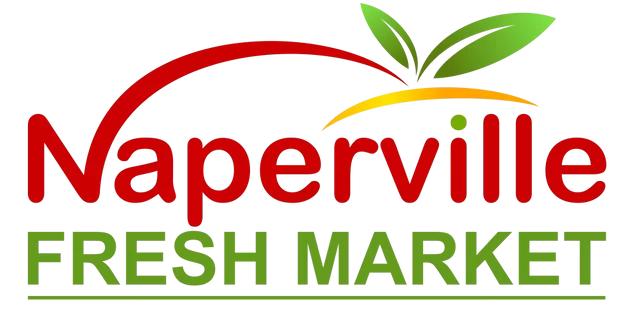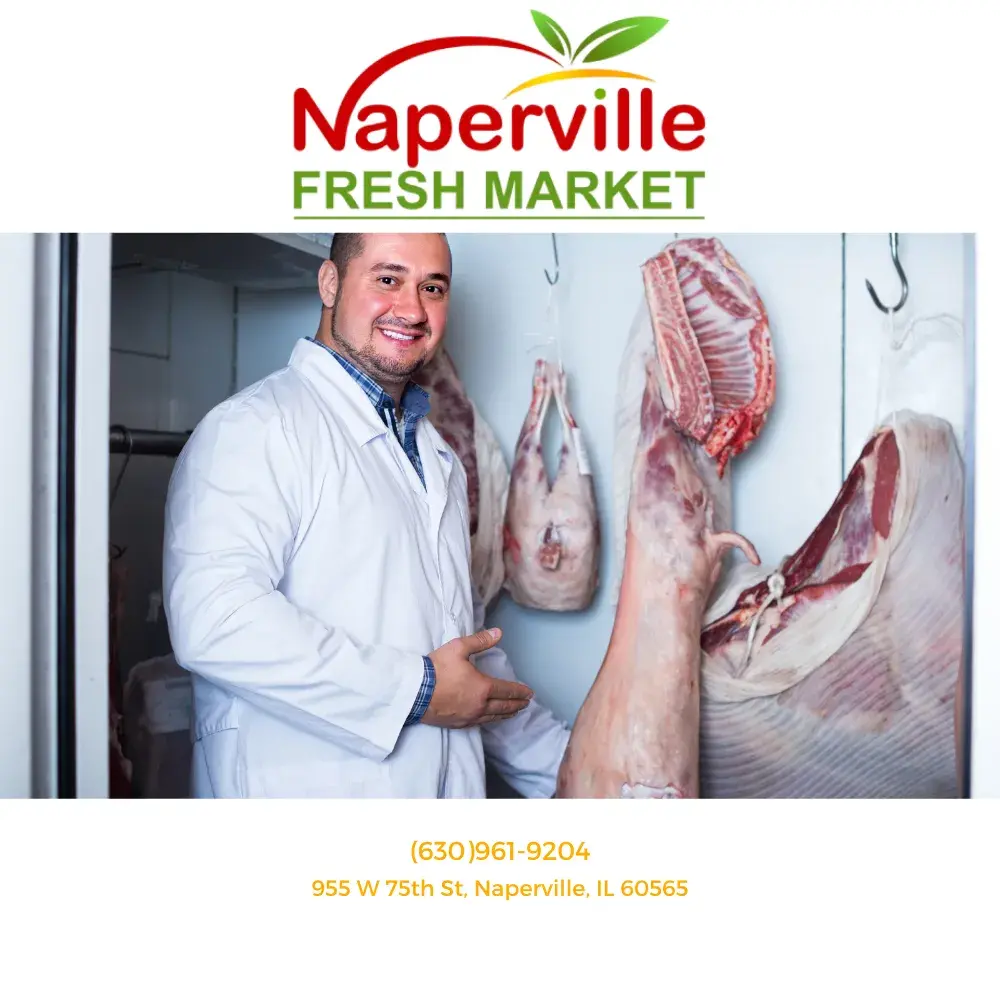As consumers become more conscious of the environmental impact of their food choices, sustainable practices in halal meat production are gaining attention. These practices not only meet religious and ethical standards but also contribute to environmental stewardship and community well-being. Understanding how halal meat producers integrate sustainability into their operations offers insight into the broader benefits of choosing halal meat from fresh markets.
Animal Welfare and Ethical Farming Methods
A core principle of halal meat production is the ethical treatment of animals. Farmers who adhere to halal standards ensure that animals are raised in humane conditions, with ample space, proper nutrition, and minimal stress. These practices are not only essential for meeting halal requirements but also align with sustainable farming goals. By prioritizing animal welfare, halal meat producers contribute to a more humane and environmentally responsible agricultural system, which benefits both the animals and the environment.
Minimizing Environmental Impact Through Sustainable Practices
Halal meat producers often adopt sustainable farming techniques to reduce their environmental footprint. This includes responsible land management, reducing water usage, and minimizing waste. For example, many halal farms use rotational grazing to maintain soil health and prevent overgrazing, which can lead to land degradation. By managing resources efficiently, these farms contribute to the long-term sustainability of the environment while producing high-quality meat that meets halal standards.
Supporting Local Economies and Communities
Sustainability in halal meat production extends beyond environmental practices to include support for local economies. By sourcing meat from small, local farms, halal markets help to sustain rural communities and create jobs. These farms often employ traditional farming methods that are passed down through generations, preserving local knowledge and culture. The economic benefits of this approach are significant, as they help to build resilient communities that can thrive in the long term.
Choosing halal meat from fresh markets is more than a dietary preference; it is a commitment to supporting sustainable and ethical practices that benefit the environment, animals, and local communities. By selecting halal meat, consumers are making a conscious choice to contribute to a more sustainable food system, one that values quality, ethics, and environmental stewardship.
Learn More
Why Choosing Halal Meat Ensures Quality and Freshness for Your Family




